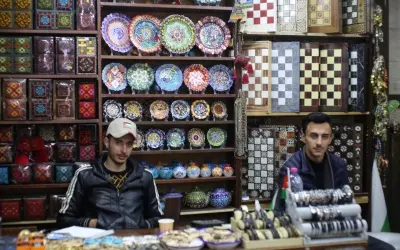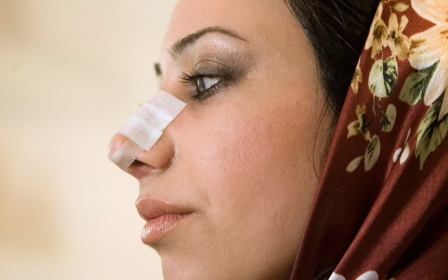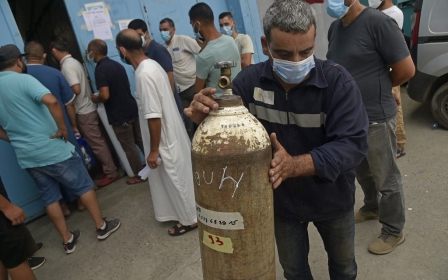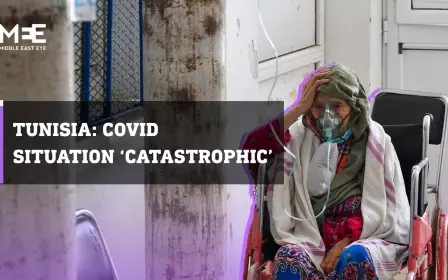Middle East has 42 percent Covid-19 vaccination rate, says WHO
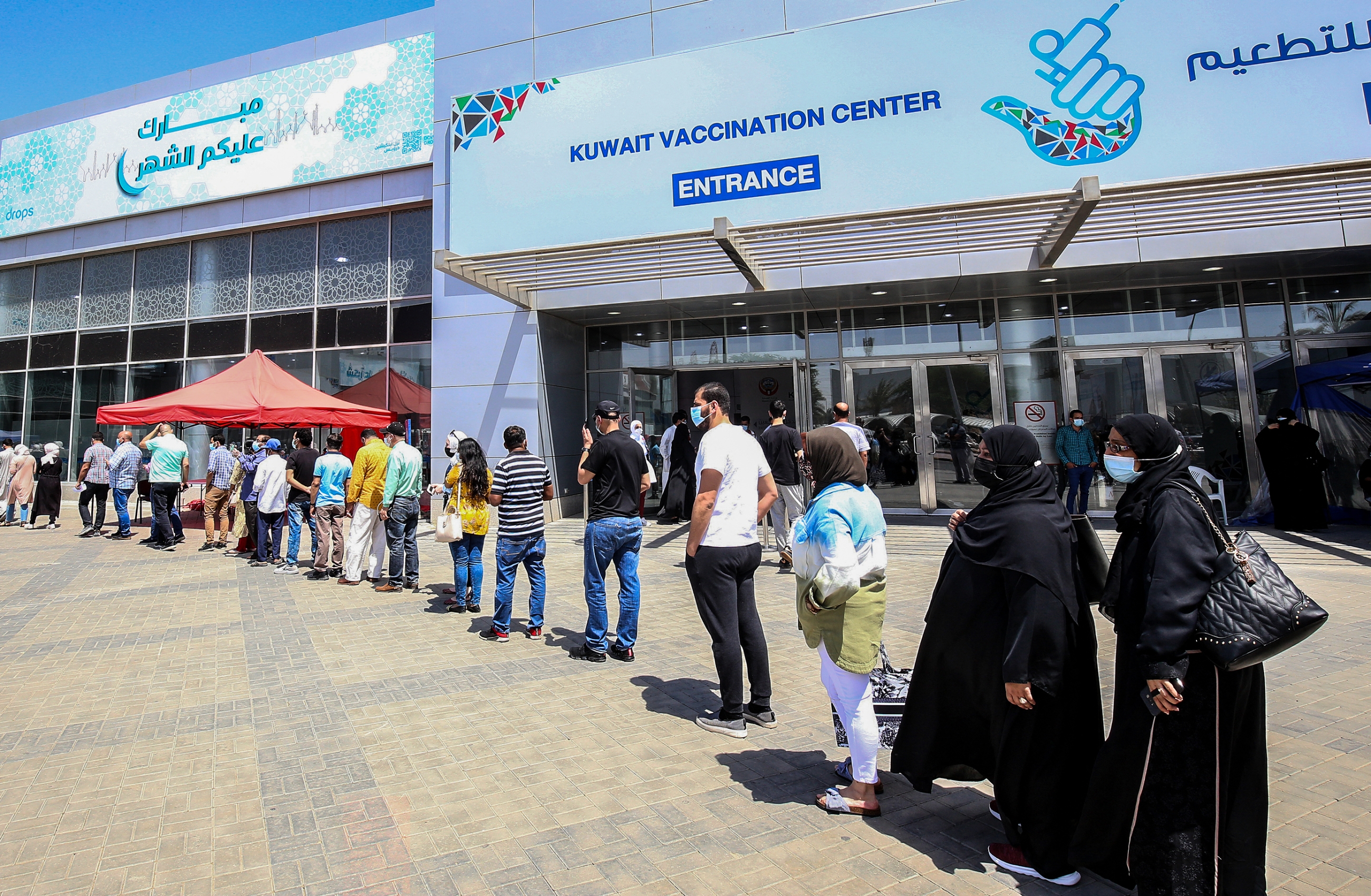
The Middle East and North Africa is the only region where Covid-19 cases and deaths have climbed since the beginning of the year because of lower vaccination rates, the World Health Organisation (WHO) said on Wednesday.
Although overall cases and deaths have decreased to some of the lowest numbers since the start of the pandemic, transmission remains high, and vaccination coverage remains low in several countries.
Just 42 percent of the Eastern Mediterranean region is fully vaccinated against Covid-19, a region which includes the Middle East and North Africa, along with countries including Pakistan, Afghanistan, Djibouti and Somalia.
That number lags far behind the global vaccination rate of 60 percent and also masks massive discrepancies across the region, where wealthier Gulf countries have pulled far ahead of their neighbours.
While the UAE has vaccinated 99 percent of its population and Qatar 92 percent, Iraq has only inoculated 27 percent of its citizens. In war-ravaged countries such as Syria and Yemen the rate is below 10 percent.
"The pandemic remains a public health emergency of international concern. This is not yet the time to drop our guard," Ahmed al-Mandhari, WHO's regional director for the Eastern Mediterranean (Emro), said at a briefing in Cairo.
The WHO said if countries were unable to reach its global vaccination coverage target of 70 percent by June it was important to vaccinate "at least 40 percent" of populations, with a focus on vulnerable and high-risk groups.
Mandhari noted that the challenge was not an adequate supply of vaccines, but instability and conflict across the region and the problem of "vaccine hesitancy".
The region is set to host a series of major mass gatherings this year, including the Umrah and Hajj pilgrimages in Saudi Arabia and the Fifa World Cup in Qatar, which will require increased vigilance and systems in place to avoid Covid-19 transmission, he said.
After two years of reducing the number of pilgrims to the country due to the pandemic, Saudi Arabia announced this month that it would allow one million pilgrams to perform Hajj this year, which takes place in July.
All pilgrims must be fully immunised against Covid-19 and those arriving from abroad must submit a negative PCR test.
Middle East Eye delivers independent and unrivalled coverage and analysis of the Middle East, North Africa and beyond. To learn more about republishing this content and the associated fees, please fill out this form. More about MEE can be found here.


